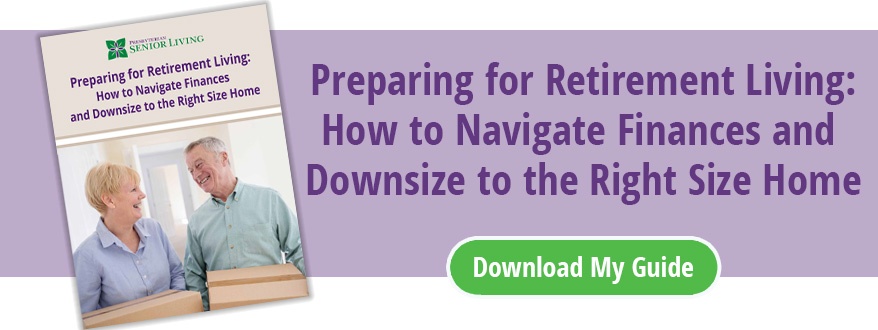Adult children often travel home to celebrate the holiday season with aging parents. For some families, it’s the first time in months they have been together. If you’ve been wondering how well your loved one is managing their health and home, this visit can provide you with a low-key way to determine that firsthand.
In some instances, the red flags a parent needs assistance are noticeable. Repeated falls can leave the senior with cuts and bruises. Banged-up bumpers on a car can signal they might not be safe driving.
But the warning signs a senior isn’t managing well aren’t always this obvious. A parent might fail to let family members know they’ve had a fall or two that doesn’t leave any bruises. Or that doing the laundry or handling finances has become difficult.
Does a Senior Loved One Need More Help?
We created a list to help adult children and concerned family members identify the warning signs that a senior might be struggling. Poor nutrition, loneliness, and an unsafe home environment are a few concerns to keep in mind for an older family member.

Here are additional red flags to look for when you visit this holiday season:
- Early signs of balance problems: Falls are the leading cause of fatal and non-fatal injuries among seniors, so it’s important to assess a parent’s risk. Watch how easily they navigate around their home or the community when you are out in public together. Pay attention to smaller clues that may indicate a parent is worried they might fall. Do they avoid using the stairs? Are they more sedentary than usual? Do they have trouble getting out a chair? These are all red flags for fall risks.
- Difference in personal appearance: Is your always well-groomed parent looking disheveled? Do they seem less concerned with their physical appearance? Unpleasant body odor and a change in personal hygiene can indicate that a senior is struggling to care for themselves. It can also be a sign they are worried about falling in the bathtub or shower.
- Unintended change in weight: Gaining or losing too much weight can be a sign an older adult is having difficulty with grocery shopping or meal preparation. It also can be a symptom of a health issue. Depression, dementia, and gastrointestinal problems are a few concerns that might result in unintentional weight gain or loss. Keep that in mind if you detect changes in your loved one when you visit.
- Neglected household: Some signals a senior is struggling may seem small, but they can be indicators of a bigger problem. Several common signs include piles of dirty laundry, stacks of unopened mail on the counter, expired food in the refrigerator, and burned-out light bulbs that need to be replaced
- Early memory loss: As we grow older, the risk of developing Alzheimer’s disease or another form of dementia increases. Memory issues are common in the early stages of dementia. There are a variety of signs a senior is having trouble with short-term memory. For example, scorched cookware can be a red flag that a loved one has forgotten something they were cooking on the stove. Withdrawing from favorite pastimes might mean they know something is wrong, but don’t know what.
Is It Time for a Transition to Senior Living?
If you detect any of the above signs during your holiday visit, the next step should be to schedule an appointment with their primary care physician. It is possible the issue can be easily remedied, such as a vitamin deficiency or a thyroid problem. It could also be that your aging parent could enjoy a better quality of life by moving to a senior living community.
With locations throughout Pennsylvania, Maryland, Ohio, and Delaware, Presbyterian Senior Living might be a solution for you to explore. Call the community nearest you to learn more or schedule a visit today!
